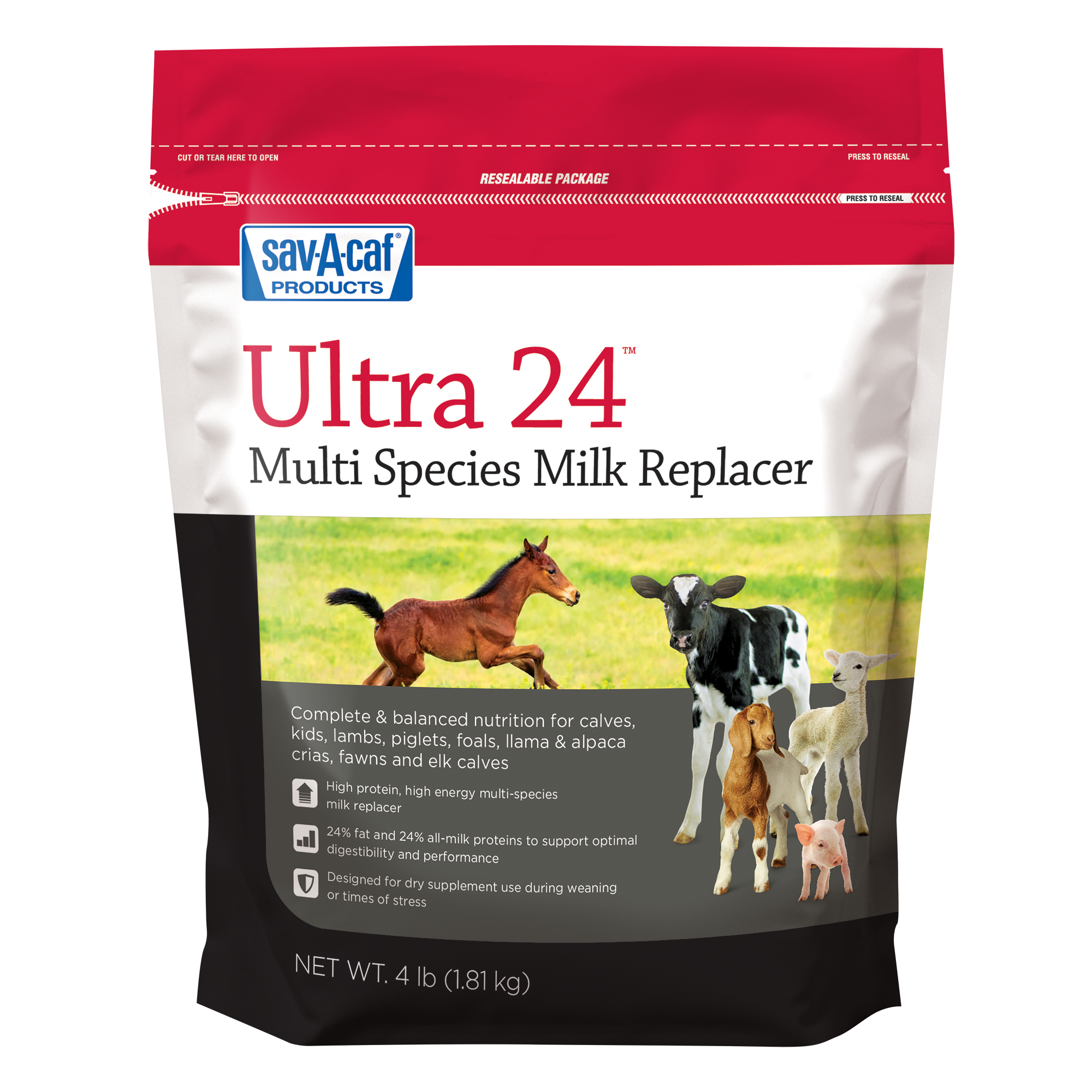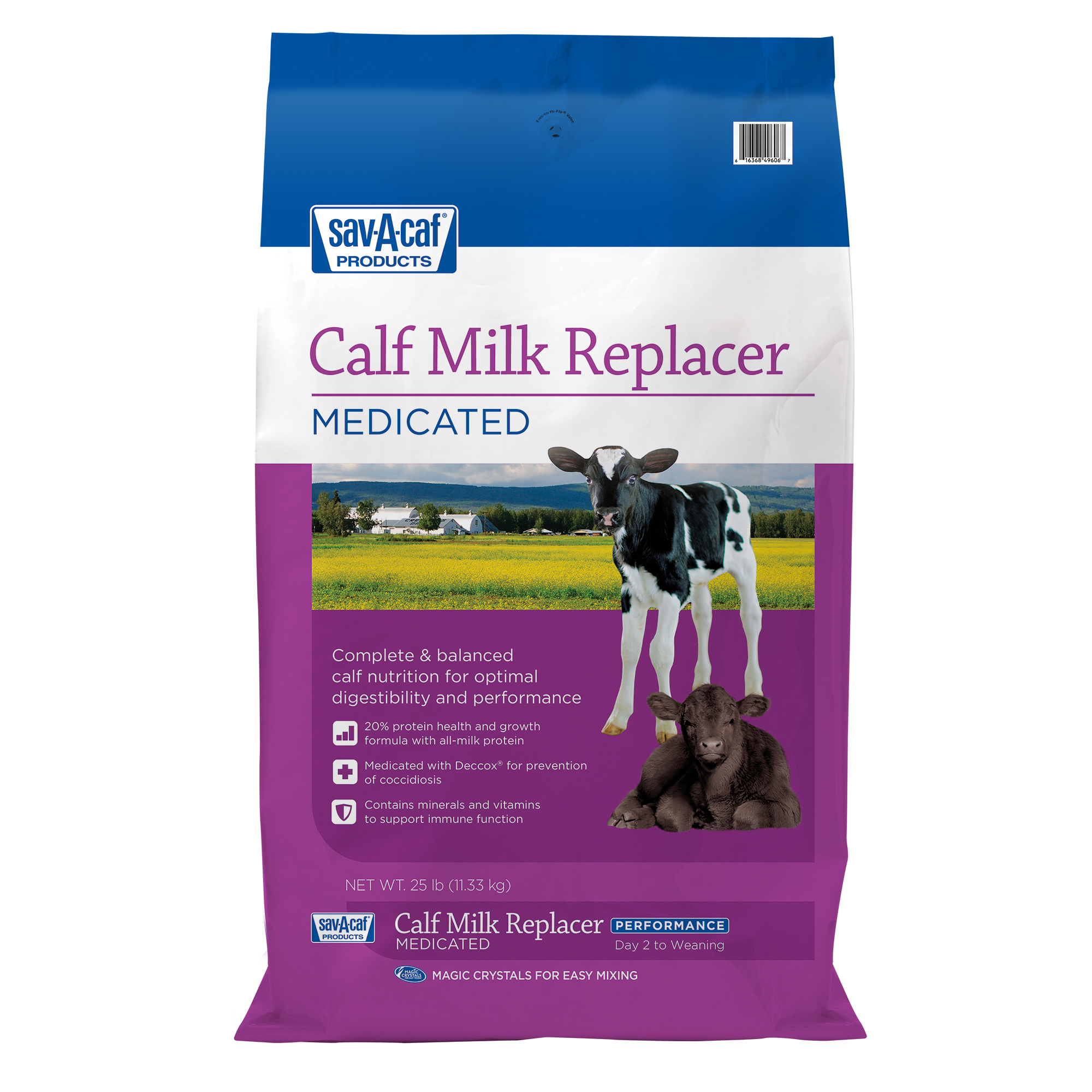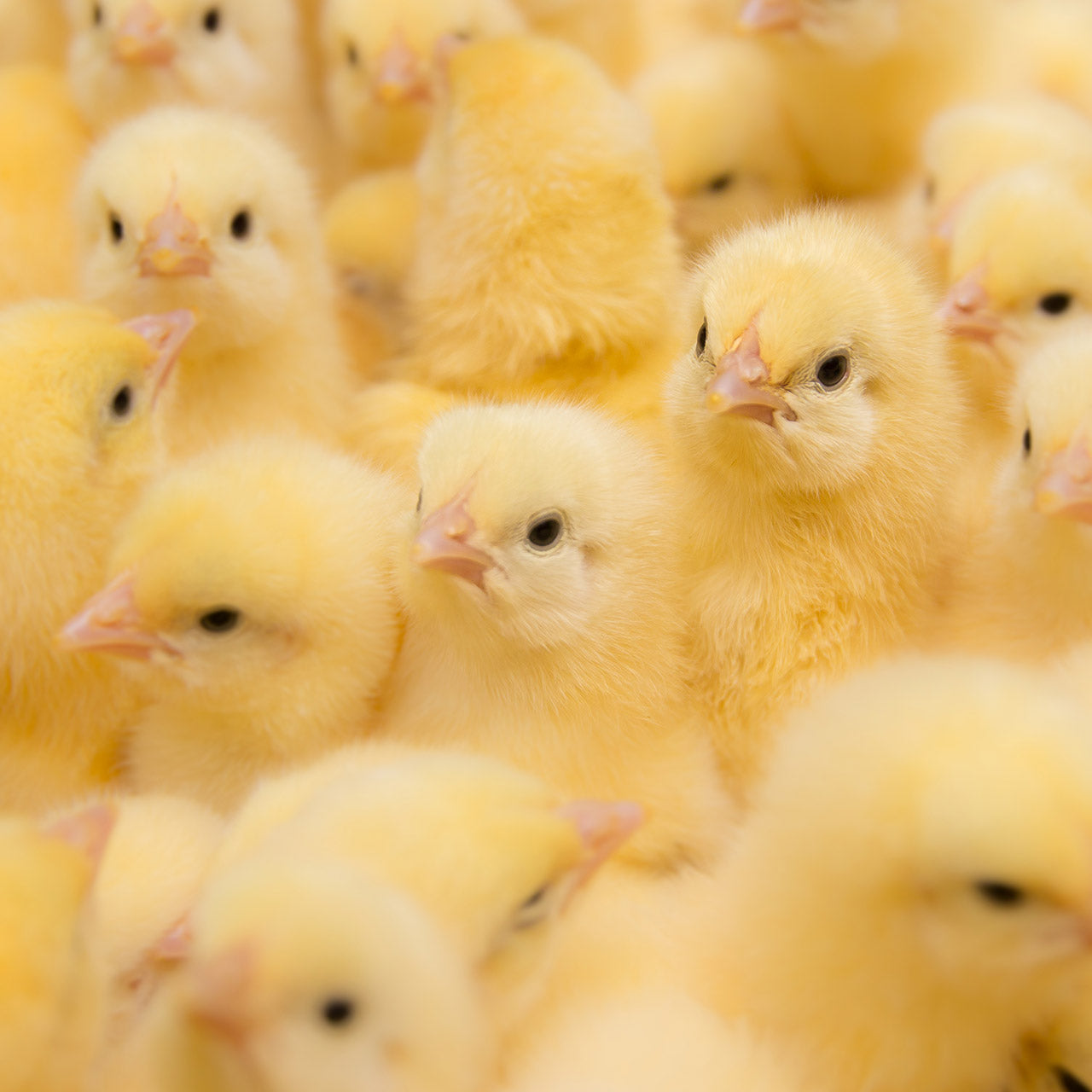
Bringing home baby chicks? Here's what you'll need
When welcoming new baby birds home for the first time, plan ahead for what you might need to know prior to adding them to your farm family. A bit of preparation along with a few simple supplies and pieces of equipment will help your birds fit right into your home.
Baby Chick Checklist
Before bringing your chicks home, make sure you have the supplies and resources it takes to give them a proper start. Create a checklist to ensure what you have is adequate. It should include:
- Brooder housing with adequate insulation and ventilation.
- Heat lamb with a 75-watt bulb and a clamp for easy positioning and repositioning.
- Thermometer to measure temperature at chick level, 2” off the floor.
- Large shavings for at least 2” of insulating litter on the floor, not cedar.
- Jar waterers with one gallon capacity per 10 chicks.
- Chick feeders with 3-4 linear inches per chick.
- Sav-A-Chick® Vitamin & Electrolyte Supplement to keep chicks hydrated in hot weather and times of stress.
- Sav-A-Chick® Probiotic Supplement to help build healthy digestive function.
When to Move Outside
Congratulations! You brought your new baby chicks home and welcomed them to your farm. What’s next? Once your birds are fully feathered and can regulate their own body temperature (at about six weeks old), they may be able to be moved outdoors or to a larger coop. However, if the weather is cold, they may still benefit from supplemental heat inside the brooder housing a bit longer.
Introducing New Chicks to Older Hens
When you first introduce your birds to the new flock, they will need a bit of supervision. Start by letting the young birds into their new yard, pen or coop for a few hours during the day. Watch for signs of distress, such as huddling together or loud, persistent cheeping. If this occurs, this may be a sign they are not quite ready to leave the brooder. If your young birds will be sharing space with mature birds, it is best to wait until the young birds are closer in size to the existing flock to prevent the youngsters from becoming pecking targets.
Ready for more baby chick tips? Find more information on chick care and nutrition and follow My Farm Journey on Facebook and Instagram.
Find Solutions for Your Animals
-
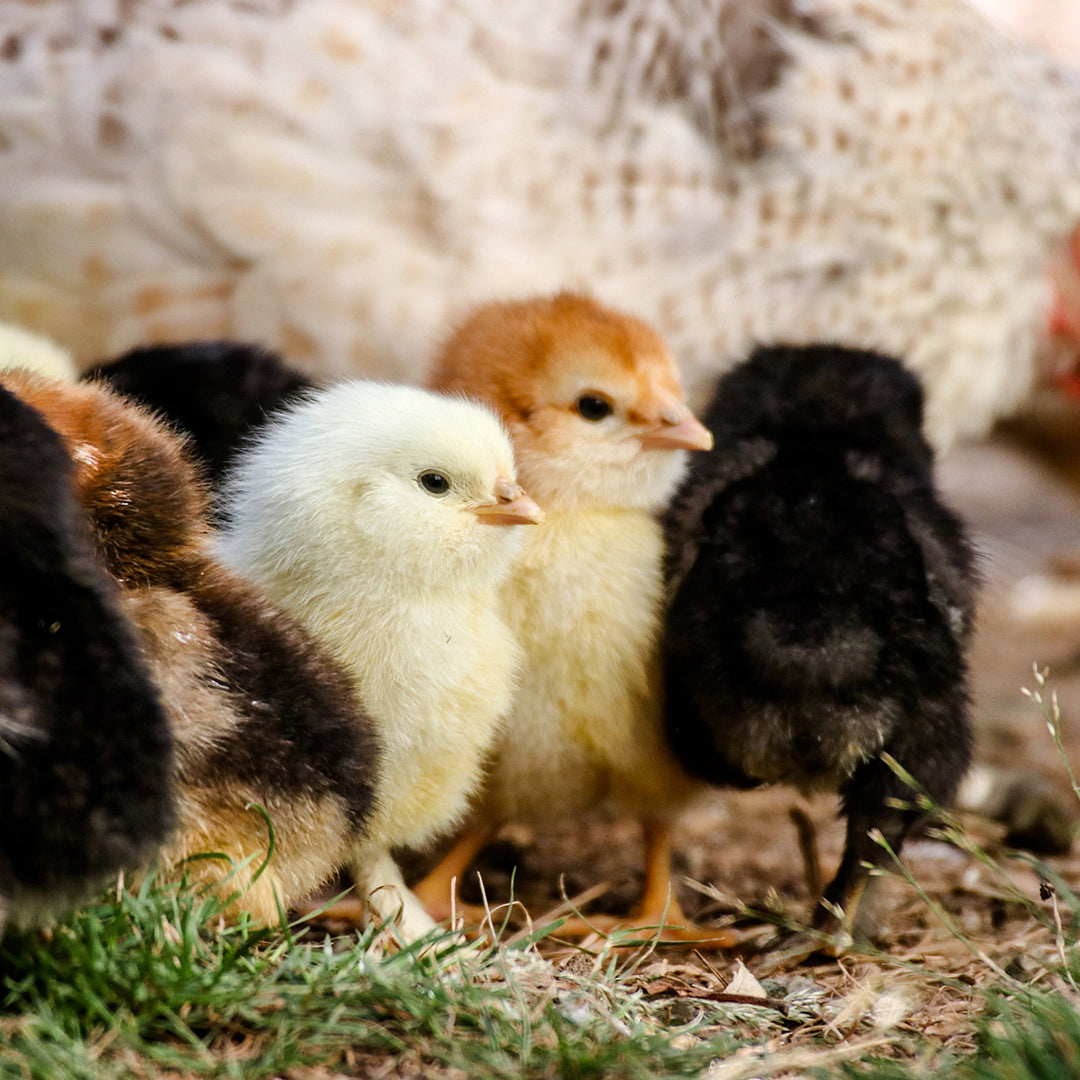
Whether housed in a coop or free ranging on your farm, your birds are exposed to multiple threats every day that could cause illness or impact their well-being. Now there’s a way to be more proactive with regular support for...
-
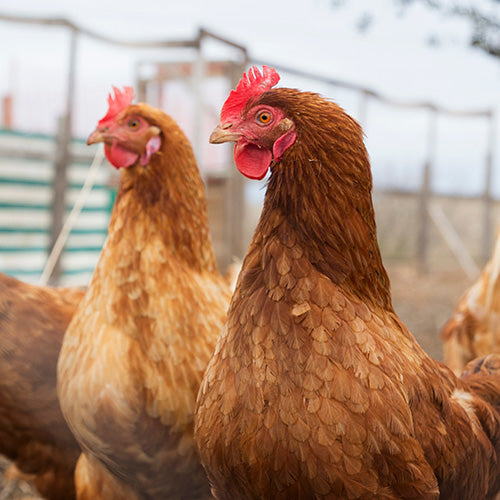
You’ve raised your chicks to adulthood and now they’re fully feathered hens. Way to go! Now, you get to enjoy their eggs and companionship for years to come. To maximize their life, support their production potential and kee...

